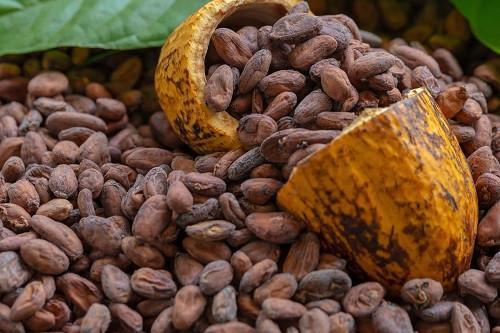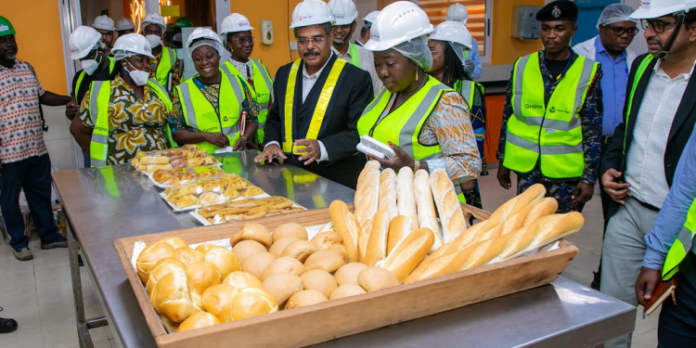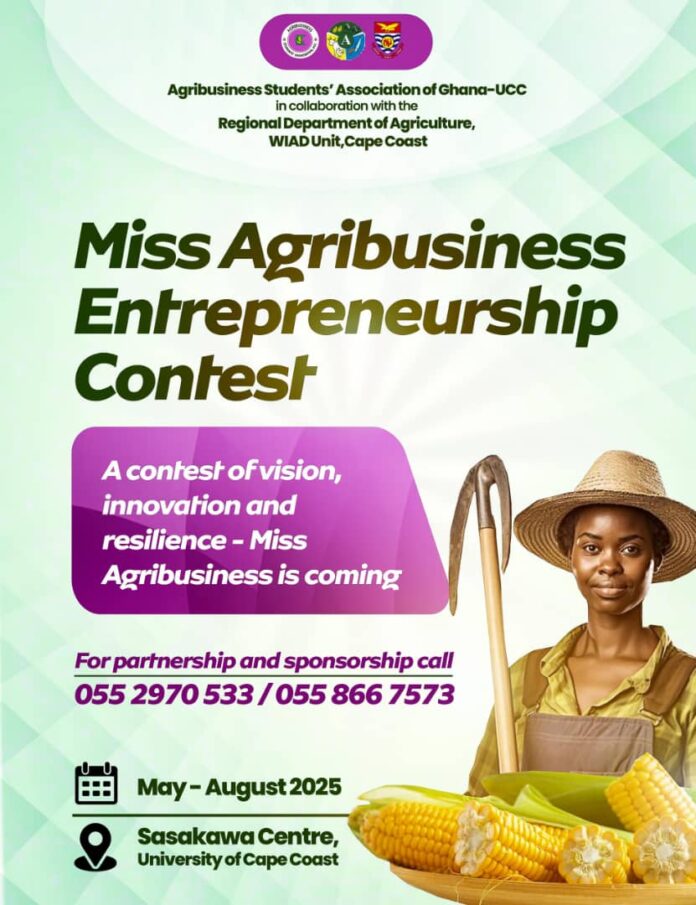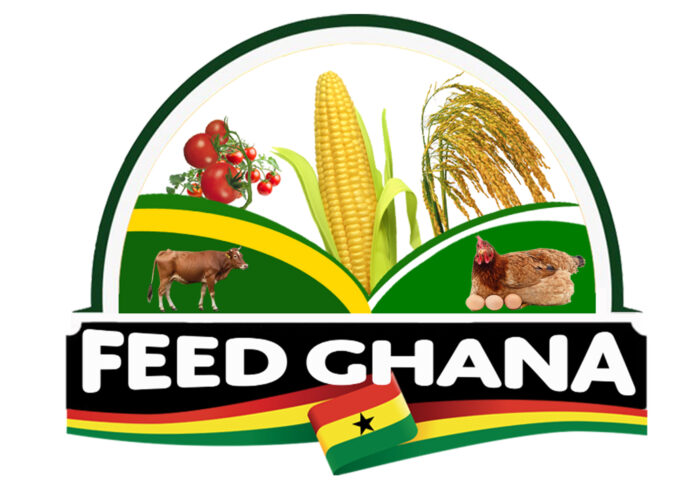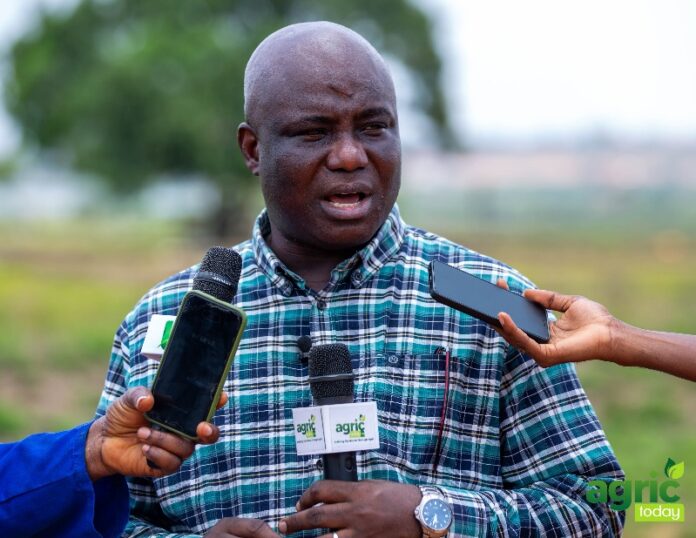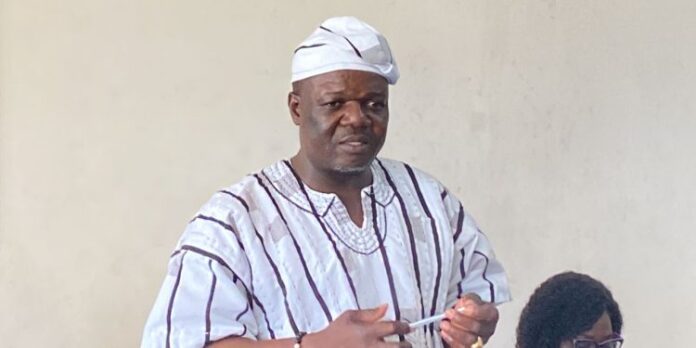Ghanaian exporters are bracing for the impact of a new 10% tariff on imports imposed by the United States, which is expected to affect key non-traditional exports.
The measure, announced by US President Donald Trump, has sparked concern among local producers and exporters over potential losses in market share, pricing competitiveness, and earnings from the American market.
According to information supplied by the Ministry of Trade, Agribusiness and Industry, the new tariff will directly affect Ghana’s cocoa derivatives—a key value-added export segment, garments and textiles, cashew, shea butter, and a range of agricultural products.
With Ghana being one of the world’s leading cocoa producer countries, the move could undermine efforts to expand the country’s footprint in processed cocoa exports.
Garments and textiles, another sector targeted under the tariff per information from the Ministry, could also see a significant setback.
The sector has seen modest growth under trade frameworks such as the African Growth and Opportunity Act (AGOA), which offers duty-free access to the U.S. market. Industry stakeholders fear the new tariff may erode the cost advantage Ghanaian manufacturers enjoy, making it harder to compete with other low-cost producers globally.
The agricultural sector is not spared either. Exports of cashew, shea butter, fruits, vegetables, and yam—some of Ghana’s top-performing non-traditional exports—are now subject to the increased import duty.
Exporters in these sectors worry that the added cost burden could lead to reduced demand from U.S. buyers or force them to absorb losses to remain competitive.
Analysts say the move could have broader implications for Ghana’s export-led growth strategy and foreign exchange earnings, especially at a time when the country is working to diversify its economy away from raw material exports.
Others are also proposing for the government to leverage on the opportunities presented by the African Continental Free Trade Area.
Meanwhile, sector Ministers for Foreign Affairs and Trade, Agribusiness and Industry have been exploring diplomatic engagements with U.S. Ambassador to Ghana Virginia Palmer to mitigate the impact after close door meetings on April 7.

